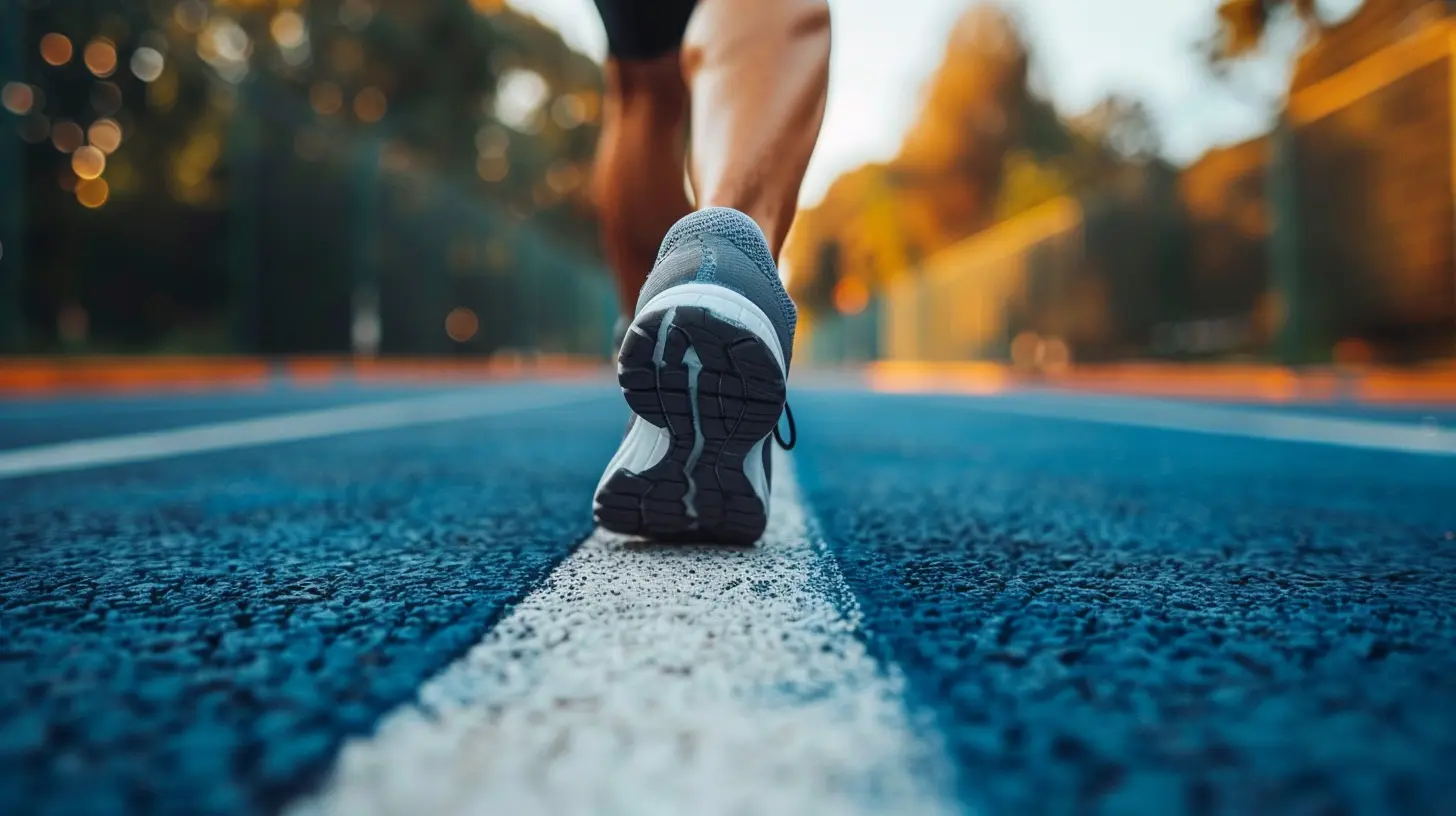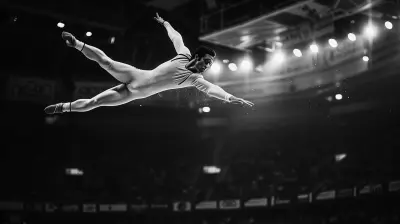16 April 2025
When it comes to excelling in sports, strength and skill are crucial—but you can’t overlook the power of cardio workouts. Whether you're sprinting down the soccer field, outlasting opponents on the basketball court, or dominating the tennis court, endurance can make or break your game.
But how exactly does cardio training enhance sports performance? And what are the best ways to incorporate it into your routine? Let’s break it down. 
Why Cardio Matters in Sports
Cardio workouts aren’t just for weight loss or general fitness—they play a massive role in athletic performance. Here’s why:- Boosts Endurance – The longer you can go without fatigue, the better you’ll perform, whether it's running, cycling, or playing a sport.
- Enhances Recovery – A well-trained cardiovascular system helps your body recover faster between plays, sets, or rounds.
- Improves Oxygen Efficiency – Cardio strengthens the heart and lungs, allowing more oxygen to reach your muscles, delaying exhaustion.
- Increases Stamina – The stronger your cardiovascular system, the longer you can perform at peak levels.
- Supports Mental Toughness – Pushing past your limits in endurance workouts builds the mental resilience needed for competition.
Simply put, if you want to play at your best, cardio training is a must. 
The Best Cardio Workouts for Athletic Performance
Not all cardio is created equal. Depending on your sport, some workouts will be more effective than others. Here are the top types of cardio to help you level up:1. High-Intensity Interval Training (HIIT)
Best for: Sports with bursts of activity like football, basketball, and tennis.HIIT workouts involve short, intense bursts of exercise followed by brief rest periods. This mimics the stop-and-go nature of many sports, improving both endurance and explosive power.
Example HIIT Routine:
- 30 seconds sprint
- 30 seconds rest
- Repeat for 15-20 minutes
2. Steady-State Cardio
Best for: Long-duration endurance sports like soccer, marathon running, and cycling.This involves running, cycling, or swimming at a moderate pace for an extended period. It conditions the heart to pump blood more efficiently and increases your ability to sustain effort over time.
Example Routine:
- 45-minute jog at a comfortable pace
- 60-minute bike ride at moderate intensity
3. Fartlek Training
Best for: Sports requiring unpredictable bursts of speed like rugby, hockey, and basketball.Fartlek, which means “speed play” in Swedish, is a blend of steady-state and interval training. It involves varying your speed throughout a workout, simulating the unpredictable pace of most sports.
Example Routine:
- 5-minute warm-up jog
- Alternate between 1-minute sprints and 2-minute steady jog for 30 minutes
4. Circuit Training
Best for: Multi-sport athletes who need a mix of endurance and strength.Circuit training combines cardio and strength exercises for a full-body workout. This keeps your heart rate up while improving muscular endurance, making it perfect for well-rounded athletes.
Example Circuit:
- 1-minute jump rope
- 1-minute bodyweight squats
- 1-minute burpees
- 1-minute rest
- Repeat for 4-5 rounds
5. Sport-Specific Cardio
Best for: Any athlete looking for functional endurance.Tailoring cardio workouts to your sport improves transferability of endurance gains. For example:
- Basketball Players: Shuttle runs and jump rope sessions
- Soccer Players: Long-distance runs mixed with short sprints
- Boxers: Shadowboxing with quick footwork drills 
How to Incorporate Cardio Without Losing Strength
Many athletes worry about too much cardio affecting muscle mass and strength. The key is balancing cardio with resistance training. Here’s how:1. Prioritize Strength Workouts – If strength is critical to your sport, keep your weightlifting sessions as the foundation of your training.
2. Use Short, Intense Cardio Sessions – HIIT and interval workouts help you maintain endurance without excessive muscle breakdown.
3. Time Your Workouts Strategically – Do cardio on separate days from intense weight training, or at least separate them by several hours.
4. Fuel Your Body Properly – Eating enough protein and carbohydrates prevents muscle loss while supporting energy levels.
5. Allow Recovery – Overtraining can lead to fatigue and injury, so listen to your body and rest when needed. 
Common Cardio Mistakes Athletes Should Avoid
To get the most out of your cardio workouts, steer clear of these common mistakes:❌ Doing Only One Type of Cardio
Mix it up! Relying solely on jogging or cycling can lead to plateaus. Incorporate different types of cardio to keep progressing.❌ Overtraining
More isn’t always better. Too much cardio can lead to burnout and muscle loss, which could negatively impact performance.❌ Ignoring Recovery Time
Rest is just as important as training. Give your body time to repair itself to see real progress.❌ Skipping Warm-ups and Cool-downs
Jumping right into intense workouts can increase your risk of injury. Spend at least 5-10 minutes warming up and cooling down.Final Thoughts
Cardio is a game-changer when it comes to sports performance. The right mix of endurance, interval, and sport-specific training can help you run faster, play longer, and recover quicker. Whether you’re a sprinter, team sport athlete, or endurance competitor, incorporating effective cardio workouts into your routine will make a noticeable difference.So, are you ready to take your game to the next level? Lace up those running shoes, hit the track, or start that HIIT session—your body (and your competition) will thank you!




Pia McSweeney
Great insights! Integrating cardio workouts is essential for enhancing sports performance, as they boost endurance, speed, and recovery. Tailoring intensity and duration to specific sports needs can optimize results, ensuring athletes maintain a competitive edge. Consistency and variety in routines are key for long-term success.
April 18, 2025 at 12:58 PM